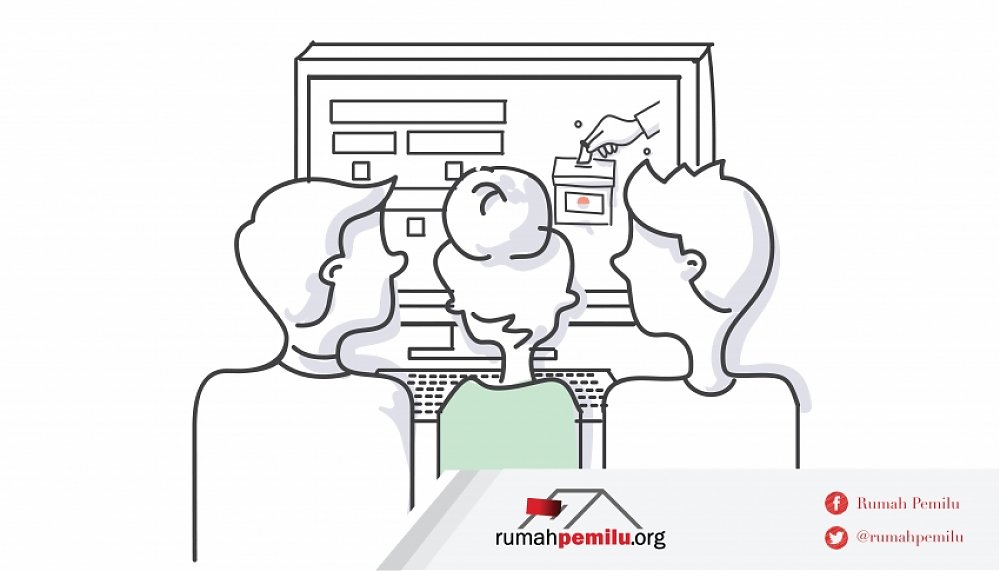Three of the opposition members in the Sabah parliament left Warisan Party and became independent MPs. All three left the opposition to support the Chief Minister of Sabah, Datuk Seri Panglima Haji Hajiji Haji Noor.
The phenomenon of politicians hopping parties is common in Malaysia, especially politicians from opposition parties. This is due to the absence of funds allocated to members of the opposition parliament. Allocation funds for development and welfare in constituencies are only given to ministers and members of parties supporting the government.
“This is a reason for opposition lawmakers to move to the government side, or MPs or even ministers overthrew their own government in hopes of becoming ministers or holding ministerial portfolios with greater resources," said Chairperson of Gabungan Pilihan Raya Bersih dan Adil or BERSIH, Thomas Fann, according to a press release received by electionhouse.org (2/10).
Thomas explained that many voters in Malaysia actually don't mind politicians hopping parties, as long as these politicians continue to provide allocation funds for people's welfare in the constituency. This is evidenced by the victory of 11 out of 17 members of parliament who had hopped parties from May 2018 to July 2020 in the Sabah State Election, September 2020. However, by hopping a total of 9 out of 23 members of parliament from Partai Warisan to the government camp, Partai Warisan lost 40 percent of seats won in the 2020 Election.
BERSIH urged for an institutional reform package for the Sabah parliament which consists of three points. One, legislation of a law that prohibits members of parliament from hopping parties, and the establishment of a fixed period as members of parliament. The Anti-Hopping Bill being discussed at the Federal level needs to be approved, with some amendments. The three provisions proposed include, namely, members of parliament who hop to other parties or become independent will automatically lose their seats, the existence of a recall mechanism or withdrawal of elected members of parliament, and the definition of the term "losing confidence in parliament".
The second point included in the BERSIH reform package offer is the equitable allocation of constituency development funds.
“In the 2023 Sabah Budget, each MP from the government party gets RM3 million annually, while MP from the opposition party gets nothing. This undemocratic practice is the biggest push for politicians to hop parties and must be stopped,” said Thomas.
The third point is state legislature reform to empower members of parliament who are not included in the ministry's working cabinet. Parliament can form special committees, increase the number of meetings among members of parliament, and allocate special time for non-ministerial members of parliament to be able to supervise the Government.
“People tend to see non-ministerial members of parliament, both from the opposition and from government circles, as ATM machines. Because, they have no impact in drafting bills or government policies. This dynamic needs to be changed,” concludes Thomas. []
This article is translated by Catherine Natalia.











